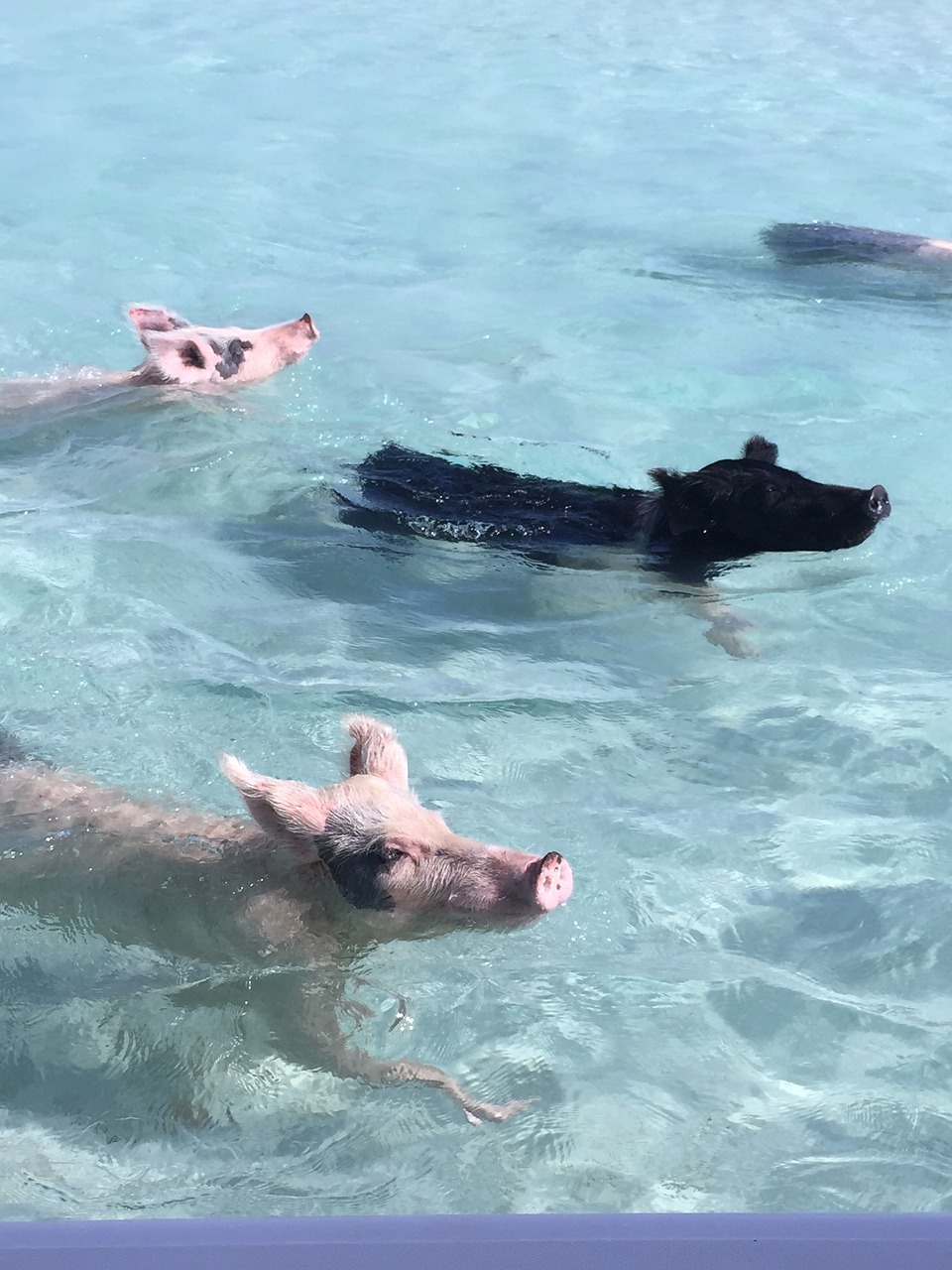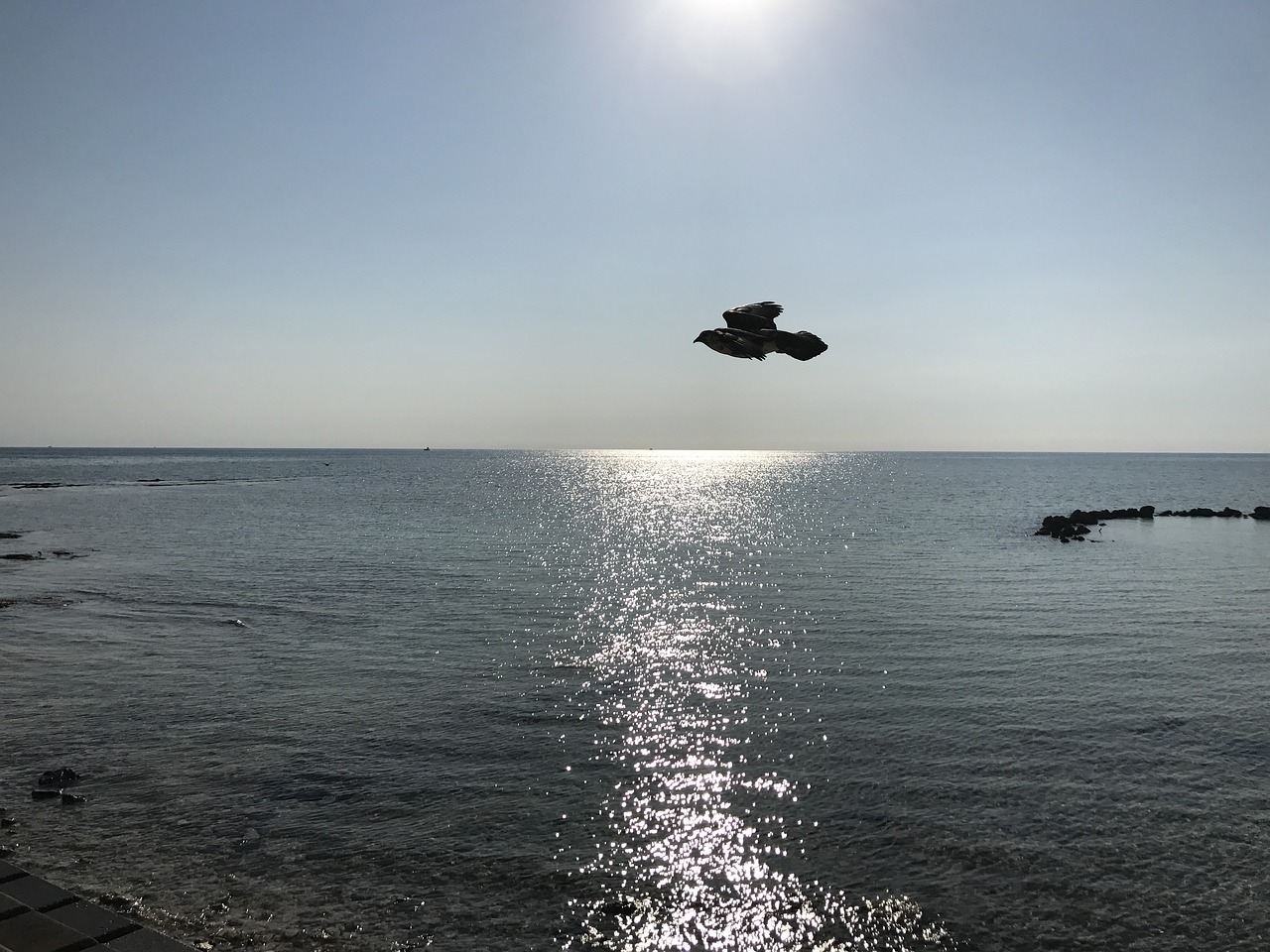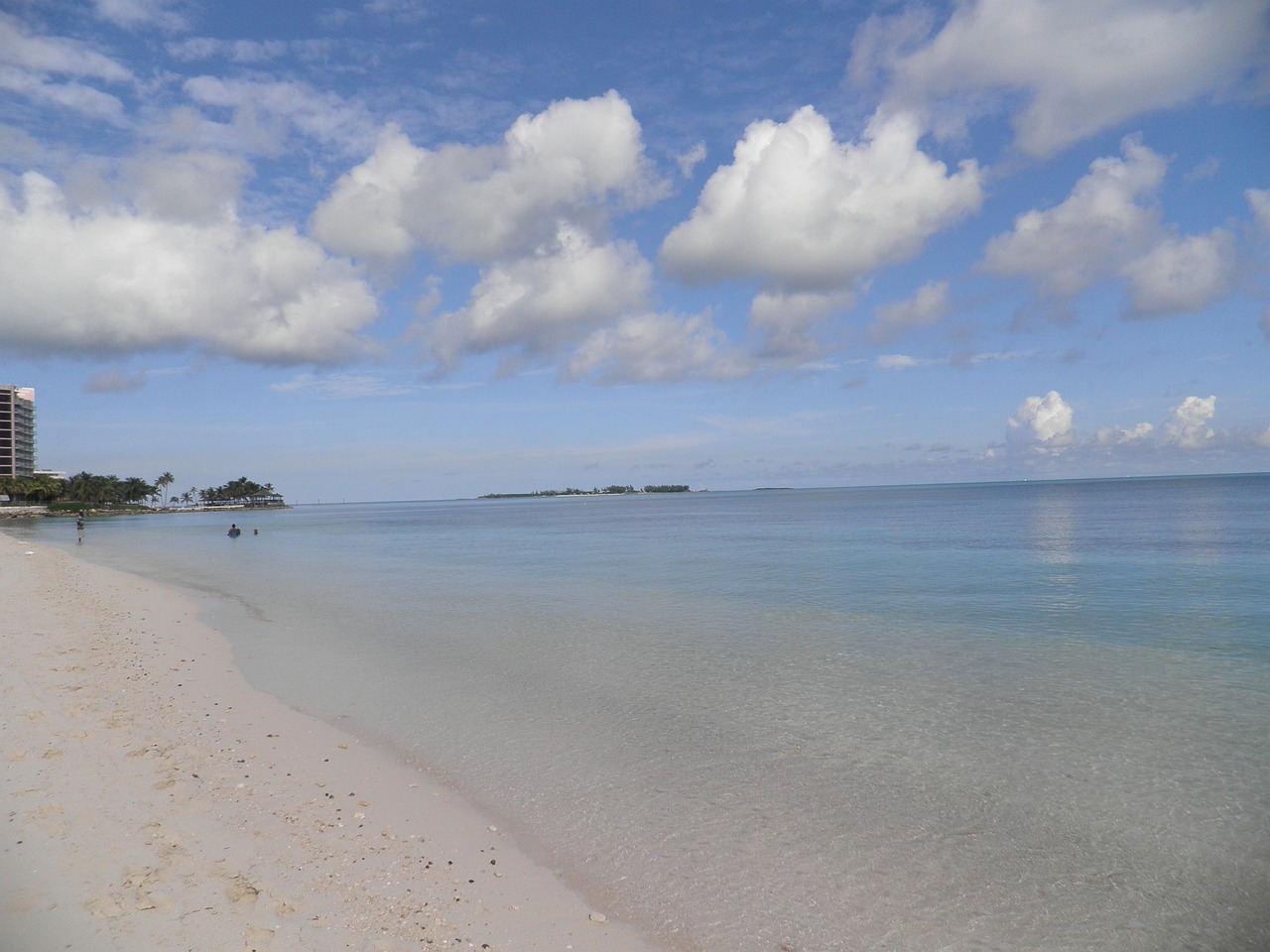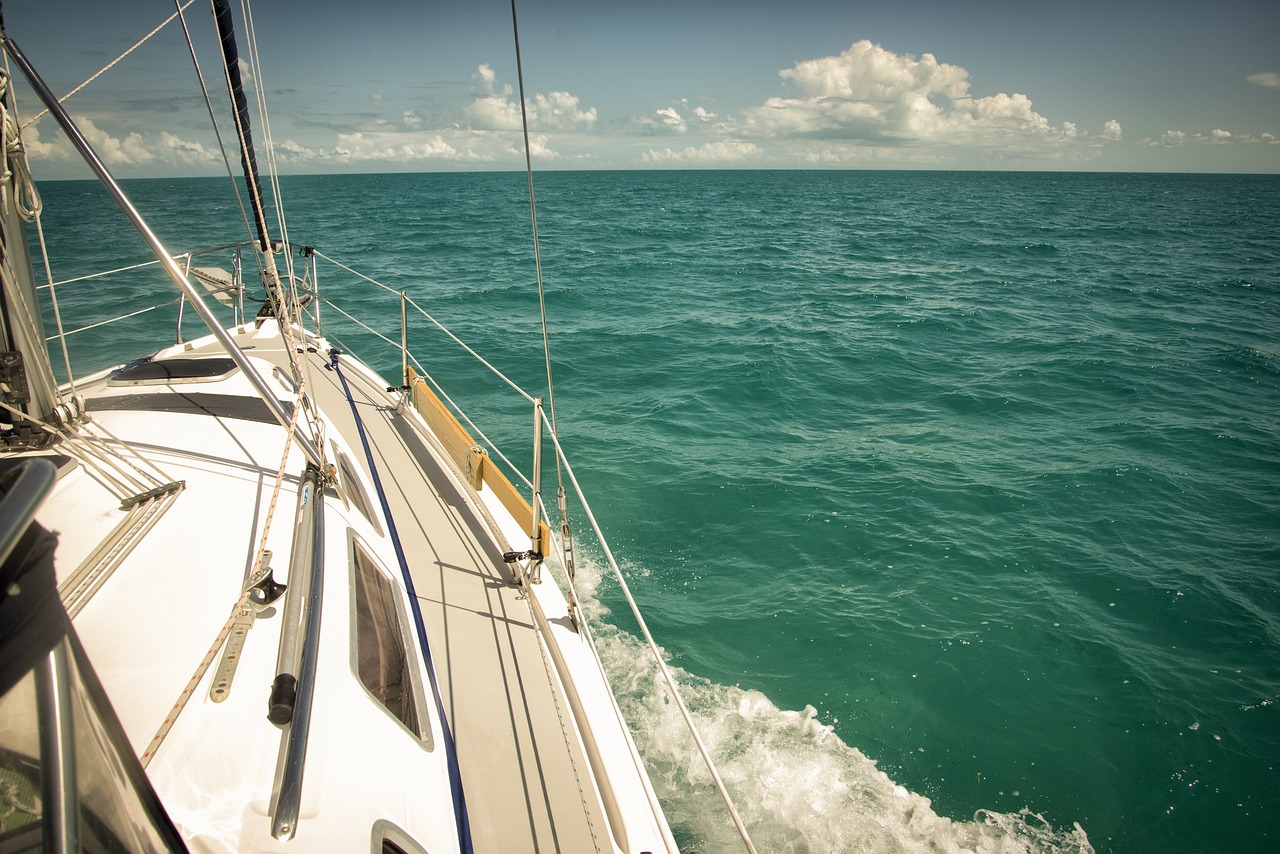Bahamas Video
Visa and Stay Regulations for Digital Nomads in Bahamas
The Bahamas is a stunning archipelago located in the Atlantic Ocean, known for its crystal-clear turquoise waters and vibrant culture. It has become an attractive destination for digital nomads seeking a tropical paradise to work remotely. If you’re considering the Bahamas as your next base, it’s important to understand the visa and stay regulations. This comprehensive guide will provide you with all the necessary information to make your stay in the Bahamas as a digital nomad smooth and hassle-free.
Visa Requirements
- Tourist Visa: Most digital nomads can enter the Bahamas as tourists without obtaining a visa. Visitors from the United States, Canada, the United Kingdom, and many other countries can stay for up to 90 days visa-free.
- Work Permit: If you plan to work remotely for a company outside of the Bahamas, you generally won’t need a work permit as long as you’re not physically working within the country. However, it’s recommended to consult with an immigration lawyer or the Bahamas Department of Immigration to ensure compliance with local regulations.
- Residence Permit: If you wish to stay in the Bahamas for an extended period, you can apply for a residence permit. The permit allows you to live and work in the Bahamas legally. The application process involves providing supporting documents, such as proof of employment or financial means, a clean police record, and a medical examination. The fees for residence permits vary depending on the duration of stay.
Extension of Stay
- Visa Extension: If you need to stay in the Bahamas beyond the initial 90-day visa-free period, you can request an extension from the Bahamas Department of Immigration. Extensions are typically granted for an additional 90 days, but it’s important to apply before your current visa expires to avoid any penalties or overstaying issues.
- Residence Permit Renewal: If you hold a residence permit and wish to extend your stay, you’ll need to renew your permit before it expires. The renewal process involves submitting updated documents and paying the applicable fees.
Health Insurance
- Travel Insurance: It is highly recommended to have travel insurance that covers medical expenses while you’re in the Bahamas. Check with your insurance provider to ensure that your policy includes adequate coverage for medical emergencies, including evacuation if necessary.
- Local Health Insurance: If you plan to stay in the Bahamas for an extended period, it’s advisable to obtain local health insurance. The National Insurance Board of the Bahamas provides health coverage for residents and non-residents alike. The coverage includes medical services, prescription medications, and hospitalization.
Cost of Living
- Accommodation: The cost of accommodation in the Bahamas varies depending on the island and the type of property. Renting an apartment or a house can range from $1,500 to $4,000 per month, depending on the location and amenities.
- Transportation: Public transportation in the Bahamas is limited, and most digital nomads rely on rental cars or taxis for getting around. A car rental can cost around $50 to $100 per day, while taxi fares vary depending on the distance.
- Food: Dining out in the Bahamas can be expensive, especially in touristy areas. However, there are also affordable local eateries where you can enjoy Bahamian cuisine. On average, a meal at a mid-range restaurant can cost around $20 to $30.
Internet and Co-Working Spaces
- Internet: The Bahamas has a reliable internet infrastructure, especially in major cities and tourist destinations. Most hotels, resorts, and cafes offer free Wi-Fi, and you can also arrange for a dedicated internet connection in your accommodation.
- Co-Working Spaces: While the concept of co-working spaces is relatively new in the Bahamas, there are a few options available. Nassau, the capital city, has a couple of co-working spaces that provide a productive work environment for digital nomads.
Leisure and Recreation
- Beaches: The Bahamas is renowned for its breathtaking beaches. From the famous Cable Beach in Nassau to the secluded Pink Sands Beach in Harbour Island, you’ll have plenty of options to relax and unwind.
- Water Sports: With its pristine waters, the Bahamas offers an array of water sports activities such as snorkeling, scuba diving, paddleboarding, and fishing. You can explore vibrant coral reefs and swim alongside tropical marine life.
- Island Hopping: The Bahamas is composed of over 700 islands and cays, making it a paradise for island hopping. You can visit the Exumas, Bimini, Andros, or the Abacos, each offering its unique charm and attractions.
Image 1: Bahamas

Legal Considerations
- Tax Obligations: As a digital nomad working in the Bahamas, you may have tax obligations in your home country. It’s essential to consult with a tax professional to understand your tax liabilities and ensure compliance with local regulations.
- Local Laws and Customs: Familiarize yourself with the local laws and customs in the Bahamas to avoid any legal issues. Respect the cultural norms, dress modestly when visiting religious sites, and be mindful of environmental conservation efforts.
Image 2: Bahamas

Health and Safety
- Emergency Services: The Bahamas has a reliable emergency response system. In case of any medical or safety emergencies, dial 911 for immediate assistance.
- Water Safety: While the tap water in the Bahamas is generally safe to drink, it’s recommended to stick to bottled water to avoid any potential stomach issues.
- Crime: Like any destination, it’s important to exercise caution and be aware of your surroundings. Avoid displaying valuable items and be cautious in crowded areas or at night.
Local Culture and Etiquette
- Greetings: When meeting someone in the Bahamas, a warm handshake and a friendly smile are customary. It’s polite to address people using their titles and surnames until given permission to use their first names.
- Punctuality: The concept of time in the Bahamas is often more relaxed. It’s acceptable to be a few minutes late for social gatherings, but it’s still advisable to be punctual for business meetings.
- Tipping: Tipping is customary in the Bahamas. A gratuity of around 15% to 20% is expected in restaurants, and it’s common to tip service staff, taxi drivers, and tour guides.
Image 3: Bahamas

Conclusion
The Bahamas offers a stunning backdrop for digital nomads seeking a blend of work and leisure. With its visa and stay regulations accommodating remote workers, you can enjoy the tropical paradise while staying within the legal framework. Remember to familiarize yourself with the local laws, obtain the necessary insurance coverage, and embrace the vibrant Bahamian culture. Whether you’re working from the pristine beaches or exploring the diverse islands, the Bahamas is sure to leave you with unforgettable experiences.
References
- Bahamas Department of Immigration: www.immigration.gov.bs
- National Insurance Board of the Bahamas: www.nib-bahamas.com


